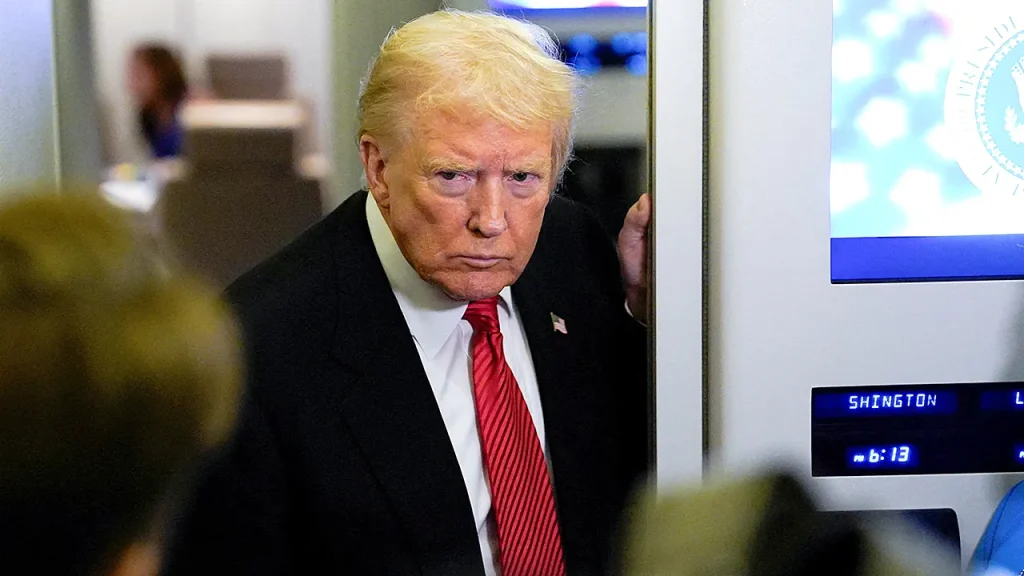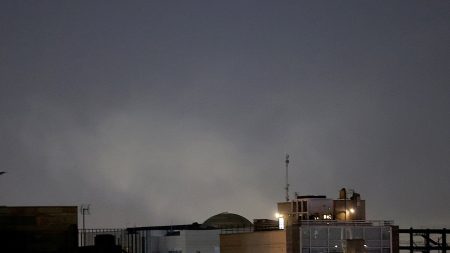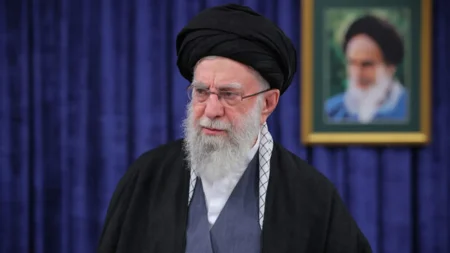Trump Sees Progress in Ukraine-Russia Peace Efforts, Though Challenges Remain
President Donald Trump has expressed cautious optimism about ongoing peace negotiations between Ukraine and Russia, describing the talks as making progress while acknowledging the significant obstacles that still exist. Speaking to reporters aboard Air Force One on Tuesday evening, Trump offered a glimpse into the diplomatic efforts underway to resolve a conflict that has claimed countless lives and destabilized Eastern Europe.
“We’re having good talks,” Trump stated, suggesting that Ukrainian officials are “pretty happy” with recent developments. Despite his desire to see a swift end to hostilities, the President conceded that final resolution remains uncertain for now. What’s particularly striking about Trump’s assessment is his candid admission that despite his personal relationship with Russian President Vladimir Putin, this conflict has proven unexpectedly challenging to resolve. “We settled eight wars, and I thought this would be one of the easier ones because of my relationship with President Putin, but this is probably one of the more difficult ones. There’s a lot of hatred,” Trump explained, highlighting the deep-rooted animosity underlying the conflict that complicates peace efforts.
The role of European nations appears increasingly significant in the peace process, with Trump noting their involvement in establishing security guarantees for Ukraine against future Russian aggression. This international dimension underscores the complexity of crafting a durable peace agreement that addresses Ukrainian security concerns while finding terms acceptable to Moscow. Meanwhile, U.S. Envoy Steve Witkoff is preparing for talks in Moscow, potentially accompanied by Trump’s son-in-law Jared Kushner, indicating the administration’s commitment to direct diplomatic engagement with Russian leadership.
Trump’s administration faced criticism last week after presenting a 28-point peace proposal to U.S. lawmakers, with some critics, including Republicans, characterizing it as overly favorable to Russian interests. When questioned about this plan during his Air Force One remarks, Trump downplayed its significance, describing it not as a definitive blueprint but rather as “just a map” or “concept.” He suggested that negotiators are working through these points systematically, with some issues already resolved “very favorably.” This characterization appears intended to counter the narrative that his administration is pushing a predetermined solution rather than facilitating genuine negotiations.
Despite the apparent momentum in peace talks, Trump declined to establish any artificial deadline for reaching an agreement. “The deadline for me is when it’s over,” he stated pragmatically, while suggesting that combat fatigue might be creating conditions more conducive to peace. “I think everybody’s tired of fighting at this moment. They are losing, losing too many people,” the President observed, pointing to the human toll as a potential motivating factor for both sides to compromise. This acknowledgment of war weariness hints at Trump’s belief that the sheer exhaustion of prolonged conflict might ultimately drive parties toward settlement terms they might otherwise reject.
The path to peace remains uncertain, with NATO officials reportedly expressing confidence in Trump’s approach despite the acknowledged difficulties. As negotiations continue, the administration faces the delicate task of balancing support for Ukraine’s sovereignty with the practical realities of ending a brutal conflict. Trump’s comments reveal both determination to achieve peace and recognition of the formidable challenges inherent in reconciling deeply antagonistic positions. Whether his administration’s diplomatic efforts will ultimately succeed in crafting a durable resolution to one of Europe’s most destructive conflicts in recent decades remains to be seen, but the President’s latest remarks suggest movement, however tentative, toward that elusive goal.














